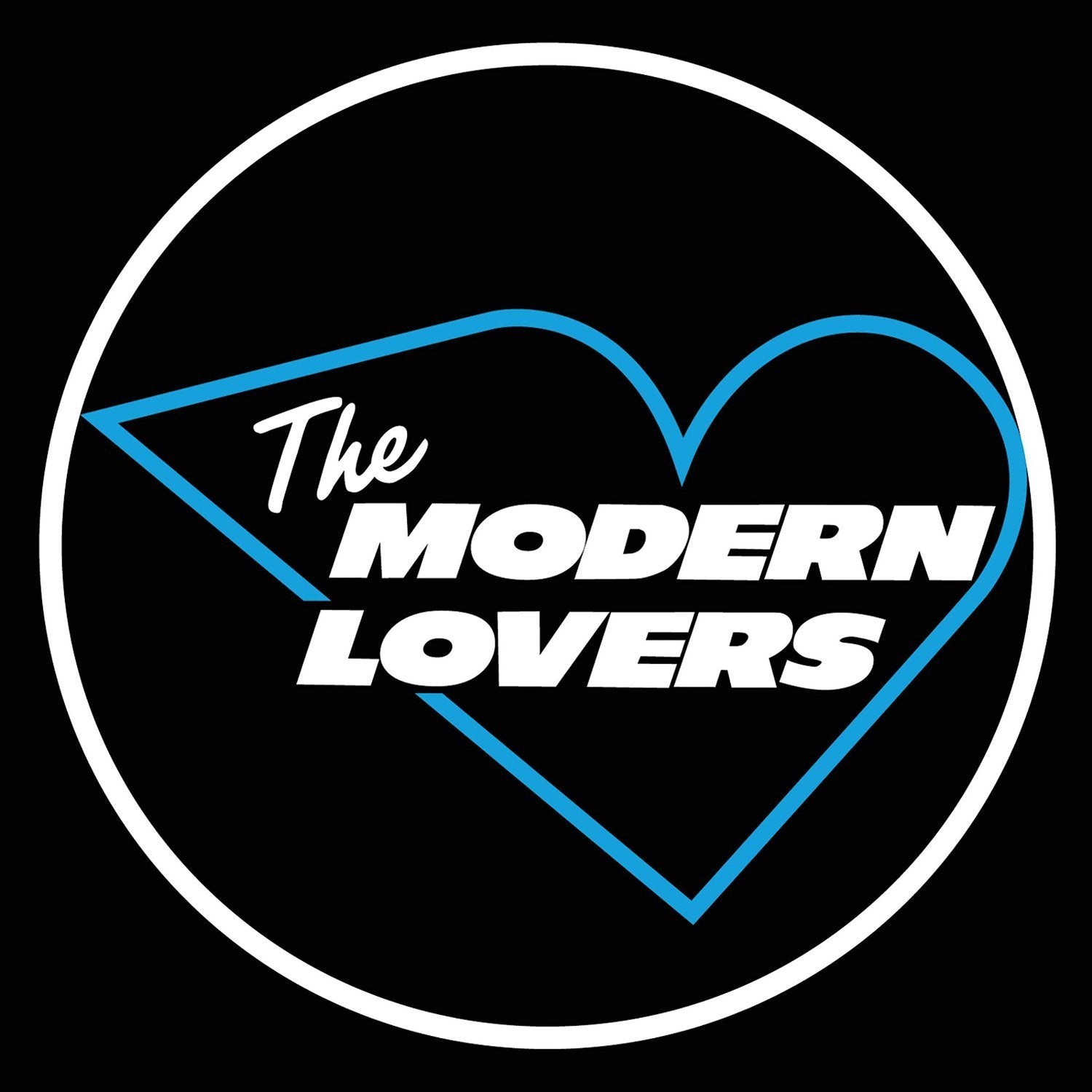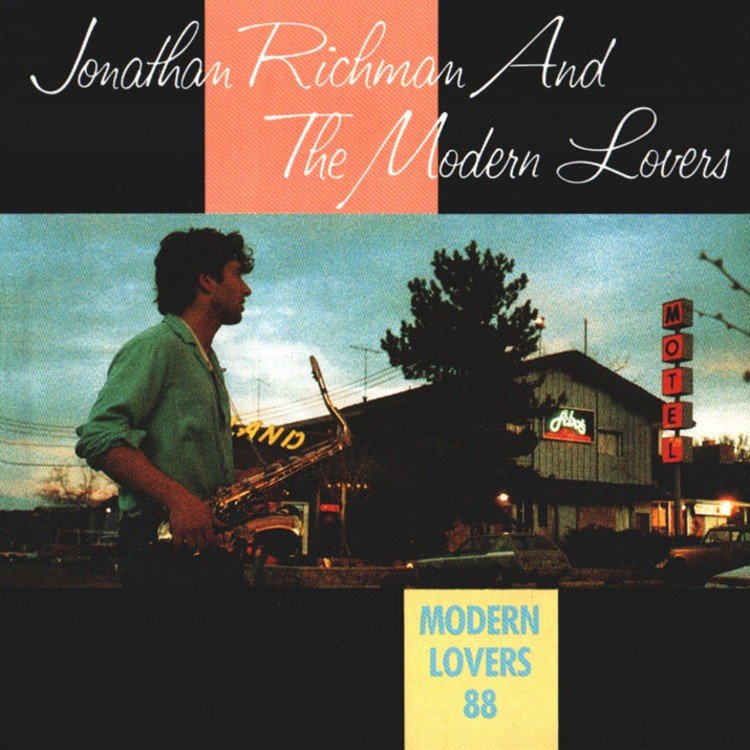บทนำเกี่ยวกับโจนาธาน ริชแมน
วิเคราะห์ผลงานที่ลึกซึ้งของนักดนตรีพ็อพสุดอัจฉริยะ
น้อยกว่าหนึ่งหน้าใน Love Goes to Buildings on Fire หนังสือที่เด็ดเดี่ยวของ Will Hermes พูดถึงฉากดนตรีที่สับสนในนิวยอร์กซิตี้ช่วงปี 1970 มีคนฉีกเสื้อของตัวเองออก แต่บริบทคือกุญแจสำคัญ—ผู้กระทำผิดคือ Jonathan Richman อายุ 21 ปี ผู้ที่ได้ทำให้บทบาทนี้เสมือนสัญลักษณ์ทางเพศคืออาการที่ตนเองมีสติสัมปชัญญะอย่างที่ไม่มีใครเคยทำมาก่อน เขาเริ่มแสดงเพลงของตัวเองเมื่อ 5 ปีที่แล้วใน Cambridge Commons ซึ่งทำให้ปัญญาชนที่ผ่านเข้ามาสุดท้ายนั้นหวาดกลัวหรือดึงดูดความสนใจของพวกเขาด้วยเสียงของเขาและการรับรู้ที่ไม่กรอง
เขาร้องเพลงที่เขาเห็นอยู่เสมอ โดยอิงจากเสน่ห์ อะคูสติก และ ความคิด “ความคิดแรก ความคิดดีที่สุด” เพื่อยกระดับเพลงร็อคเชิงจริงจัง “Cappuccino Bar” แสดงออกถึงความวิตกกังวลจากการดื่มกาแฟมากเกินไป ใน “You Can’t Talk To The Dude” Richman เข้าใจความรู้สึกของเพื่อนร่วมบ้านที่ขี้อาย กับเพลงที่ดัง เช่น “Road Runner” ที่ได้รับแรงบันดาลใจมาจาก Velvet Underground เขาบอกว่าเขาไม่เคยเขียนคำเหล่านั้นลงมา
Richman ไม่เคยสูญเสียการสัมผัสกับความประณีตในเนื้อเพลง ไม่ว่าตัวเขาจะเล่นด้วยรูปลักษณ์ไหน: Modern Lovers, Jonathan Richman and the Modern Lovers, หรือ Jonathan Richman ในแบบโซโล อัลบั้มเปิดตัวชื่อ Modern Lovers เปิดตัวหลังจากการเลิกราในปี 1976 ก่อนที่ Richman จะเดินทางไปทางตะวันตกและสร้างการรวมตัวใหม่ การจัดตัวเลือกนี้ก็มีอายุสั้นเช่นกัน ในตอนนี้เขาเป็นนักร้องเดี่ยวเต็มเวลา ยกเว้นการร่วมมือแบบสดกับนักกลอง Tommy Larkins รวมถึงในเดือนนี้ เขาจะช่วยเขย่ารายการในวันเสาร์ของ FYF Fest ที่มีความแออัดมาก โดยมีหนึ่งในเวลาเปิดตัวที่เร็วที่สุดในวัน และมันคุ้มค่าที่จะกล้ามากไปเพื่อพบเห็นการแสดงเครื่องดนตรีที่ทำลายมาตรฐาน
ท่ามกลางผลงานเพลงจำนวนมาก เราได้เลือกห้าอัลบั้มที่ดีที่สุดของเขาเพื่อเป็นการสร้างบรรยากาศ

The Modern Lovers (1976)
Recorded intermittently beginning in 1971, this compilation of recordings from the original Modern Lovers lineup is technically the first album of Richman’s ouvere. He hardly acknowledges it as such, though. The Modern Lovers captures the starry-eyed vision of teenage Richman, armed with a Jazzmaster in a public park. At 20 years old, he was still straddling different sounds, undecided on the tone of his own. The Modern Lovers—the 1976 album he considers to be his real debut—showcases the jangly, harmony-heavy style that he eventually settled into. Thankfully, he never departed from the wholesome poetic vision driving The Modern Lovers.

Modern Lovers 88 (1988)
Richman’s second incarnation of the Modern Lovers (innovatively named Jonathan Richman and the Modern Lovers) featured an evolving lineup over its 12-year run. Modern Lovers 88 marked their final release, topping off the Modern Lovers project once and for all. Here, Richman’s decade-plus spent tinkering with his backing band pays off in full choral force. With a total of four words and one twangy, acoustic solo, “Gail Loves Me” elevates indistinct vocal lines over Richman’s typical observational poetics. He’s showing off his final pack of Lovers, and with pitch like that, who can blame him? Modern Lovers 88 is the album of the summer every year, a love letter to the season spent outdoors, sleeveless. To refrain from singing along would be a summertime sin.

Having a Party with Jonathan Richman (1991)
Finally freed of the Modern Lovers moniker, Richman kicked off the ’90s with the mildly confusing Jonathan Goes Country. His rockabilly riffs live on, but the record leaves a gaping hole where his sense of humor should be—that’s where Having a Party with Jonathan Richman picks up. Tempo shifts and vocal asides á la Exile on Main St. (a “woo!” here, a “yeah!” there) make Richman’s sassy self-criticisms all the more danceable. A few songs including “When I Say Wife” are recorded in front of a live audience, featuring some well-timed spurts of laughter and following applause, loudest when he croons, “Wife sounds like laundry.” His speak-singing tendencies go full monologue on “1963” and “Monologue About Bermuda,” reminding us that his talents have always transcended songwriting. He’s a storyteller at heart.

I, Jonathan (1992)
More than any other Richman record, I, Jonathan maps his trajectory since the Modern Lovers’ 1976 debut. It takes him less than 45 minutes to touch upon all of his trademarks: hand claps, close harmonies, near-nursery rhymes about skydiving or the magic of Lou Reed. He exhibits that characteristic childlike enthusiasm without coming across as naive. Instead, his elation unveils an appreciation for the most underrated pleasures—nice weather or your favorite song by your favorite band. “I Was Dancing in the Lesbian Bar” reveals his passion for the unknown, what he hasn’t seen or felt before. But on “Twilight in Boston,” strolling through the suburbs, he sees the charm in familiarity, too.
You can buy the VMP edition of this album right here.

Not So Much to Be Loved As to Love (2004)
It’s difficult to imagine loving love as much as Richman does. He released Not So Much to Be Loved As to Love less than a year after tying the knot, resulting in record-breaking levels of romance. After nearly three decades, sticking a hook in a serenade still yields sweetness. Even the instrumental “Sunday Afternoon” sounds like Richman in every right, substituting for lyrics with the equally intimate cuddling of guitar and bass. This past Valentine’s Day, Richman opened for Angel Olsen at the largest headlining show she’d ever played. He included one of the catchier cuts from Not So Much, “My Baby Love Love Loves Me Now”—a true tale of appreciation. At his core, Richman accepts love more readily than most. That’s probably the most childlike quality he possesses. Every time sounds like the first time.
เข้าร่วมชมรม!
เข้าร่วมตอนนี้ เริ่มต้นที่ 44 ดอลลาร์Exclusive 15% Off for Teachers, Students, Military members, Healthcare professionals & First Responders - Get Verified!








